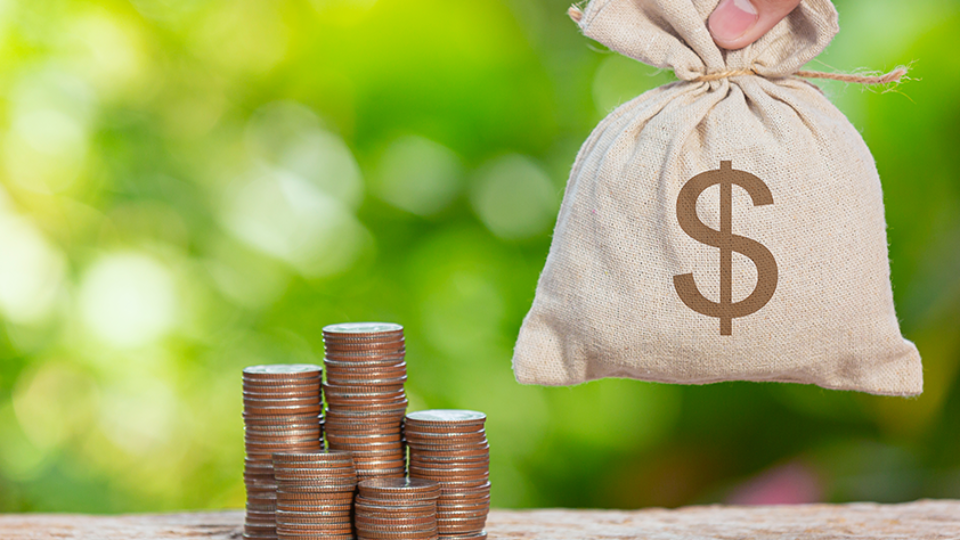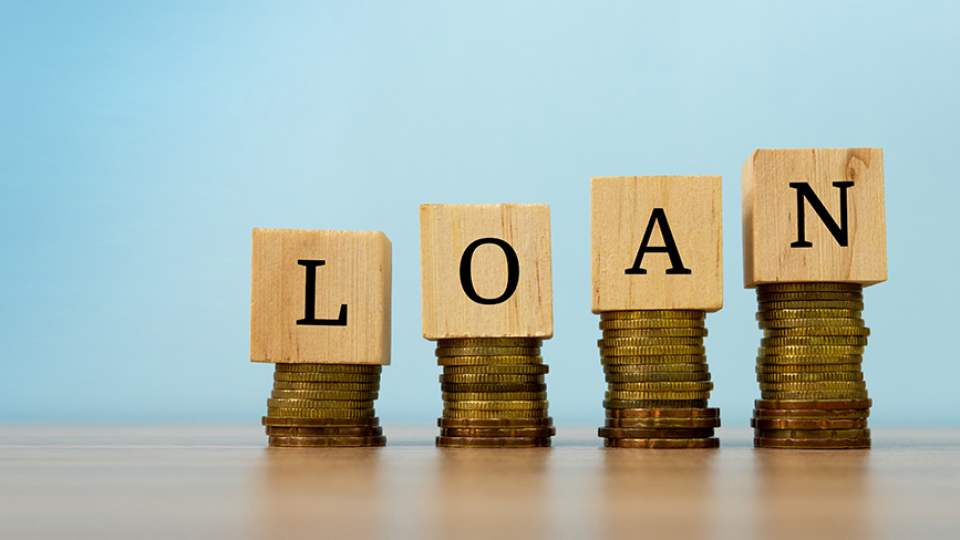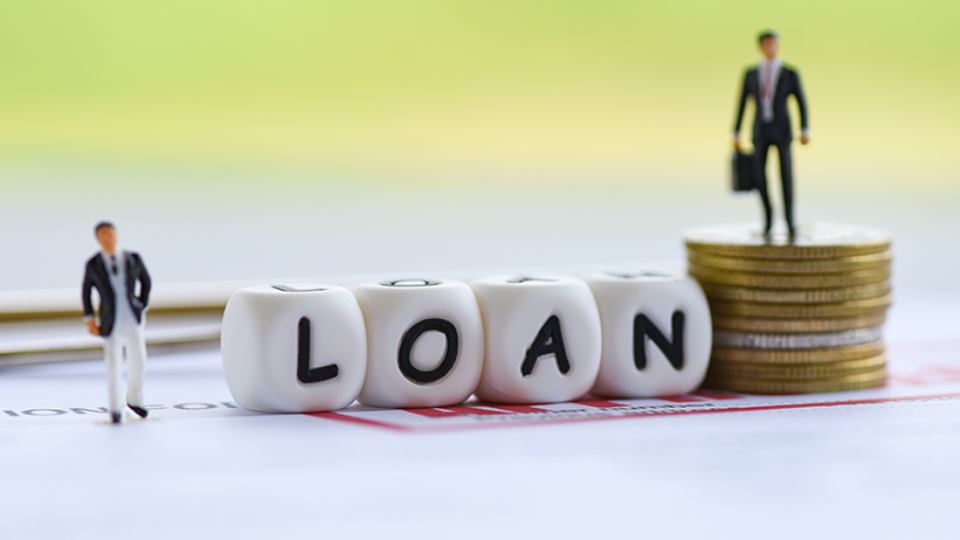While everyone understands the importance of savings, not many people realise that they also need to have an emergency fund on hand at the same time. Having substantial savings does not negate the necessity of an emergency fund to allow you to cover for any unexpected expenses without dipping into your nest egg. However, simply setting aside money for savings is a stretch when it comes to managing the rest of your monthly expenses - so the thought of setting aside even more money for an emergency fund might feel next to impossible.
What is an emergency fund?
 (1).jpg)
Simply put, an emergency fund is a small to medium sized pool of money you have on hand to cover any minor or major unexpected expenses that you haven’t accounted for and are unable to cover with your monthly income. It is important that your emergency fund be kept in liquid form so that you can convert it to cash immediately in times of need. According to expenses, an emergency fund of at least three to six months or living expenses should be sufficient.
Why do I need an emergency fund?
 (1).jpg)
An emergency fund is designed to help you during times of financial distress. It can be dipped into whenever you are short on money to pay off critical expenses, like medical bills, critical household repairs or overdue utility bills; it can also become your lifeline in the event you suddenly lose your job and are left with no income. Having an emergency fund provides you great peace of mind in times of financial distress, knowing that you don’t need to deplete your savings and start from zero due to an unexpected situation. An emergency fund prevents you from going into debt while protecting your life savings.
What is the difference between my savings and emergency fund?
An emergency fund is a type of savings fund
It could be said that an emergency fund is, indeed, a type of savings fund. While people build savings funds for college, for retirement, to buy homes or vehicles, an emergency fund is money set aside to cover unexpected expenses, with an end-goal of avoiding debt and major credit card expenses.
An emergency fund should be in liquid form
While your savings can be stored in various forms e.g. fixed deposits or other forms of investment, your emergency fund should always be stored in the form of cash or just one swipe/withdrawal away. It might be tempting to invest your emergency fund and see it grow but that would defeat the entire purpose.
How can I get started on my emergency fund?
It is difficult enough to set aside money for your savings; putting even more money away for an emergency fund might make covering the rest of your expenses even harder. After all, what is the point of saving money to avoid debt in the future if you need to borrow money or rely on payday loans from lenders like OnCredit.lk to manage your current living expenses like rent, utility bills and rent.
Figure out how much you need
An emergency fund need not be ever-growing - it needs to be able to fully cover 3-6 months worth of living expenses for you and your family. It might be prudent to take into consideration the costs of other possible expenses, like hospital bills, household repairs etc. and factor at least a portion of this into your required amount.
Give yourself time to put this together
While the thought of needing an emergency fund and not having one might spur you to create this fund as soon as possible, it might not be practically possible. Saving up 3-6 months of living expenses while spending that same amount will take you at least a year. Put aside a little bit each month and contribute anything extra you have to this fund.
Re-look at it every few years
The emergency fund you created when you were twenty four years old will not be suitable for a thirty year old. Not only will the value of money have changed (likely depreciated) but the cost of living might have increased and so would your living expenses.
Creating an emergency fund is another step towards solid financial stability. If you manage to create an emergency fund for yourself, not only will you be able to enjoy great peace of mind, but it will allow you to focus on other areas of personal finance, such as building up various savings funds as well as investing your money. You will also be able to avoid debt for the most part as any major unexpected expense will be taken care of by this fund, without needing to rely on loans, credit cards and payday loans. However, there are instances where not even an emergency fund can cover for you so it is crucial to ensure that your income and revenue streams are as solid as you can get them.







